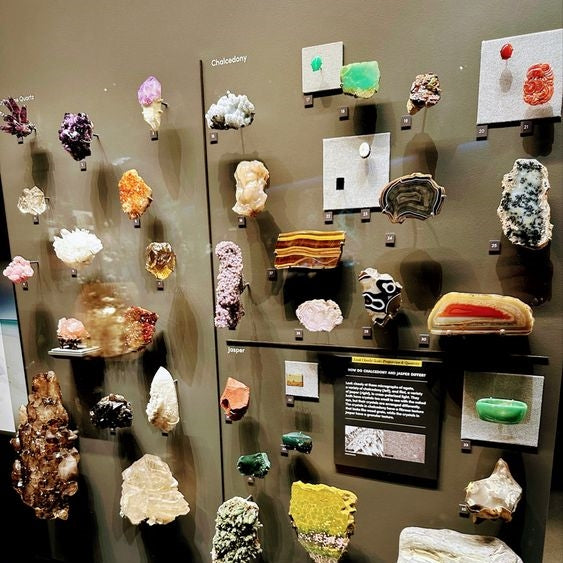How Inclusions in Colombian Emeralds Are Formed and What They Mean
Colombian emeralds are renowned worldwide for their beauty and quality. However, a fascinating characteristic of these gems is their inclusions. These natural imperfections not only tell the story of the emerald's formation but also play a crucial role in determining its value and authenticity.
In this article, we will explore what inclusions in Colombian emeralds are, the types that exist, how they are formed, and what they represent in terms of value and significance.
What Are Inclusions in Colombian Emeralds?
Inclusions in emeralds are small internal imperfections that form during the gem's crystallization process. These can be other minerals, liquids, gases, or fractures. Colombian emeralds, in particular, are famous for their unique inclusions, known as "gardens," which can resemble small leaves or branches.
Types of Inclusions in Emeralds
There are several types of inclusions in emeralds, each with specific characteristics:
- Crystals of other minerals: These inclusions are fragments of other minerals trapped inside the emerald. They can be of different shapes and sizes.
- Fibers: Inclusions in the form of fibers or threads, often of minerals such as pyrite or calcite.
- Liquids: Small bubbles of liquids trapped during the gem's formation.
- Fractures: Small cracks that can be filled with liquids or gases.
How Is an Inclusion Formed in a Colombian Emerald?
Inclusions form during the geological process of the emerald's crystallization. In Colombian mines, emeralds form in hydrothermal deposits, where mineral-rich water is heated and mixes with the host rock. During this process, other minerals, liquids, and gases can become trapped within the growing crystal, forming inclusions. The presence of these inclusions is proof of the natural formation of the emerald.
Emerald Value According to Inclusions
The value of an emerald is significantly influenced by its inclusions. Although one might think that an emerald without inclusions is more valuable, inclusions can sometimes increase its value. Emeralds with unique and attractive inclusions, such as the "gardens" typical of Colombian emeralds, are highly valued by collectors and gemologists. However, inclusions that affect the durability or clarity of the emerald can decrease its value.
What Do Inclusions in an Emerald Represent?
Inclusions in an emerald are a window into its geological history. Each inclusion tells part of the gem's formation process, making each emerald unique. Additionally, inclusions are an essential tool for gemologists in the identification and authentication of emeralds. Colombian emeralds, with their distinctive inclusions, are especially appreciated and sought after in the global market.
Paula A. Bonilla
Social communicator and journalist from Sergio Arboleda University in Colombia. She is also a jeweler and is passionate about constantly learning about precious gems and national high jewelry.
Currently, she is working for one of Bogotá's most important jewelry stores, Emerald by Love. This jewelry store has over 40 years of experience and has 2 physical branches in the capital city of Colombia, located in the city center.


